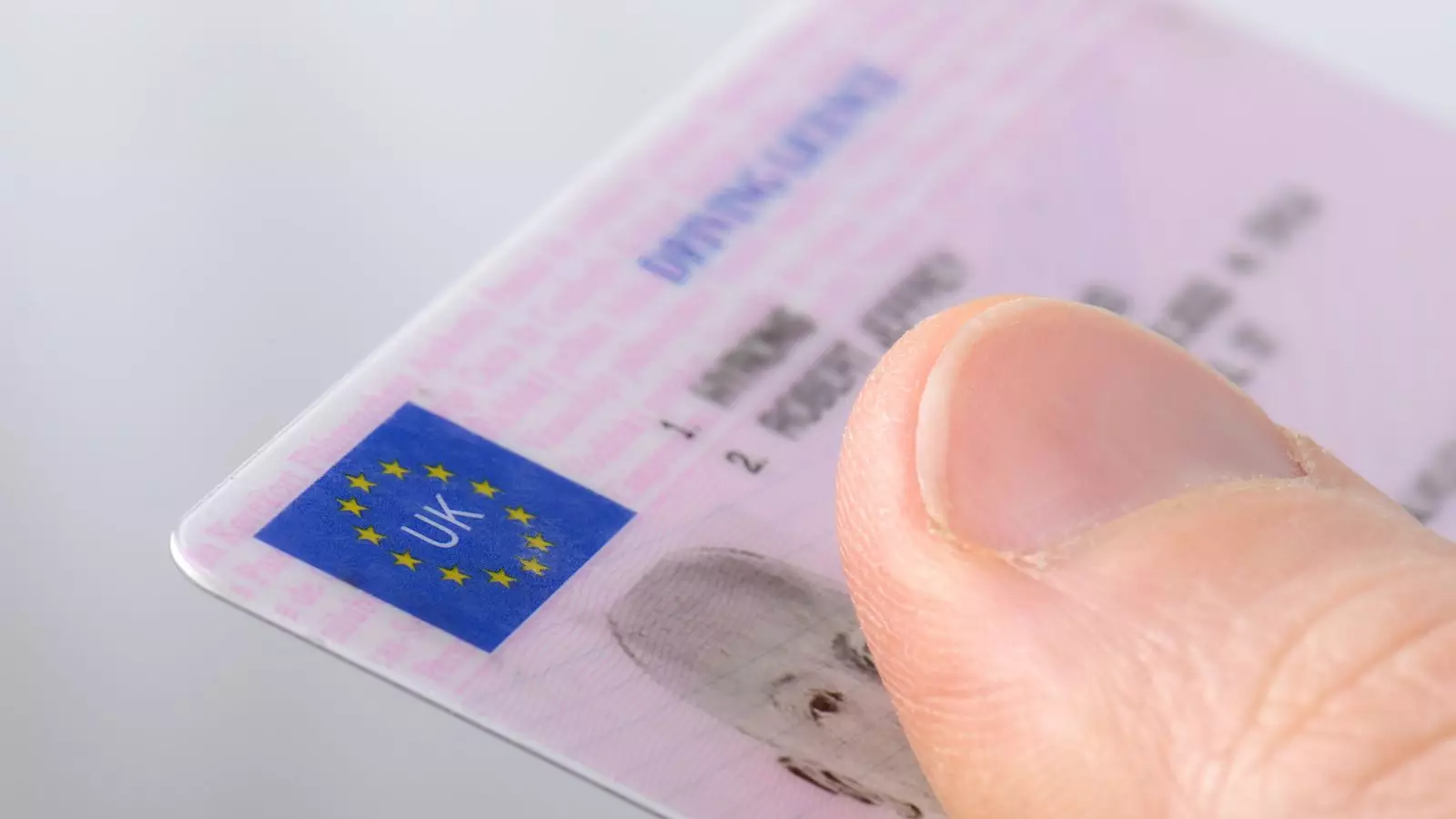In a bold move aimed at addressing the pervasive issue of welfare fraud, the UK government is gearing up to introduce significant legislative changes that could reshuffle the landscape of benefit accountability. The Department of Work and Pensions (DWP) is spearheading what is likely the most stringent fraud enforcement initiative witnessed in decades. This crackdown is not just about safeguarding the treasury; it is also about restoring public trust in a system that supports the most vulnerable while simultaneously curbing the behavior of those who exploit it.
At the core of this initiative lies the anticipated Public Authorities (Fraud, Error and Recovery) Bill, expected to debut in parliament imminently. What does this bill entail? It proposes to bolster the government’s ability to recover funds from those who defraud the welfare system. It introduces mechanisms that permit direct deductions from the bank accounts of offenders who fail to repay what they owe. Such measures signify a shift toward more aggressive recovery tactics and symbolize the government’s commitment to ensuring that fraudulent practices are met with tangible consequences.
The DWP estimates that through these efforts, taxpayers could see a substantial saving of approximately £1.5 billion over the next five years. Given the staggering losses attributed to fraud and error—reported to be around £8.6 billion in the previous financial year—the government’s move could not come at a more critical time. These figures illustrate a pressing need for reevaluation and reform of existing practices within the welfare system.
Consequences for Fraudsters: A New Approach
One of the most striking aspects of this bill is the provision that could lead to driving bans for those convicted of benefit fraud who remain unrepentant about their debts. The potential to restrict driving privileges for up to two years symbolizes a significant escalation in the consequences of fraudulent activity. This measure indicates a departure from previously more lenient responses, showcasing a shift toward treating benefit fraud as a serious criminal act that merits proportional penalties.
Moreover, the proposal grants the courts authority to suspend driving licenses in instances of severe debt, particularly for amounts exceeding £1,000. This provision could create a powerful deterrent, incentivizing individuals to confront their obligations rather than evade them. Such a radical approach not only aims to penalize wrongdoers effectively but also reflects a broader societal commitment to accountability in welfare distribution.
While the vigorous crackdown on fraud is a focal point, it is equally important to note the government’s emphasis on maintaining oversight and implementing safeguards. The DWP has assured the public that alongside these stringent measures, mechanisms will be in place to ensure that they are exercised in a fair and proportionate manner. Independent oversight is crucial in maintaining public confidence, as it aims to prevent potential misuse of power that could arise from these new measures.
Key figures, including Work and Pensions Secretary Liz Kendall, have articulated the need for a balanced approach—one that deters fraud without jeopardizing the integrity of the welfare system. Effective governance in this regard will require transparent procedures and a commitment to ethical standards that prioritize the needs of law-abiding citizens as well as those legitimately in need of support.
The Context of Fraud: Lessons from the Pandemic
The spike in fraud during the COVID-19 pandemic laid bare the vulnerabilities in the welfare system. Benefit overpayment rates surged dramatically, with estimates indicating nearly doubled rates during this period. This surge highlights the urgency for robust management practices to be reinstated, alongside preventive measures against future exploitation.
The pandemic brought about unprecedented challenges, revealing how rapid changes to welfare systems could inadvertently open doors to fraud. As the government moves to address these issues, the lessons learned during these trying times are being factored into policy design. Addressing these vulnerabilities head-on is essential for fostering a resilient welfare system that can withstand potential future crises.
The government’s impending overhaul of welfare fraud legislation reflects a comprehensive response to a pressing issue affecting taxpayer resources and public trust. As it navigates the complexities of fraud recovery, the DWP is not merely initiating punitive measures but also striving to cultivate a culture of accountability. While the introduction of stringent penalties and enhanced recovery powers appears daunting, the emphasis on oversight suggests a commitment to fairness. The journey ahead will be pivotal in determining whether these initiatives can successfully balance the need for rigorous enforcement with the principles of justice and support inherent in the welfare system.

Leave a Reply